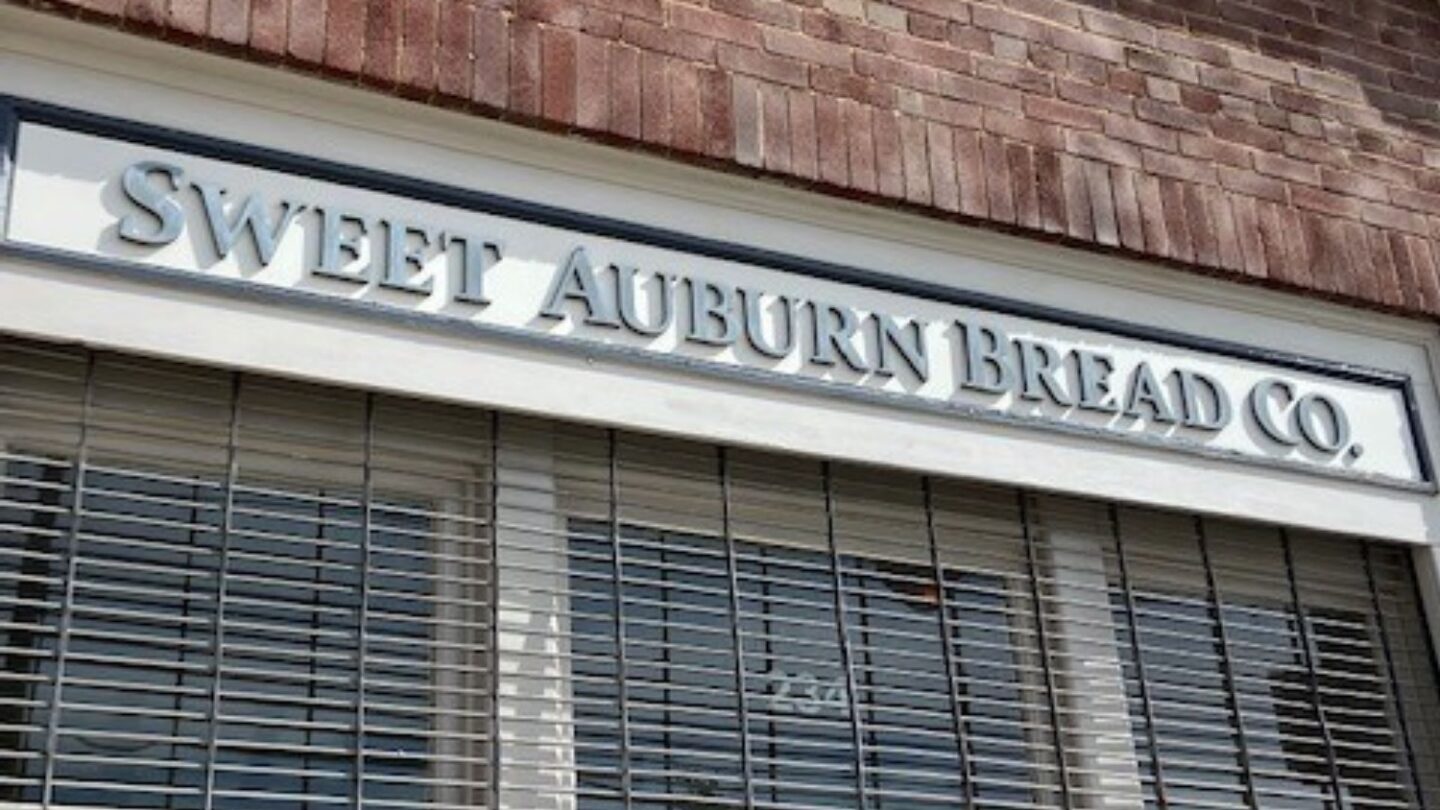From the historic Sweet Auburn neighborhood to innovative tech start-ups, Atlanta has long been a hub for African American entrepreneurs. According to a recent report, the city has the country’s highest rate of Black-owned businesses.
According to the most recent data from online lending website Lending Tree, Georgia’s capital is home to over 10,000 black-owned companies- about 9%. Nationally, the number sits below 3%.
Data from the Small Business Administration (SBA) shows that loans to Black-owned businesses have more than doubled under the Biden-Harris Administration.
Earlier this month, President Biden’s head of the Small Business Association, Isabel Guzman, toured Clark Atlanta University (CAU), a Historically Black College and University, to highlight the administration’s focus on expanding access to capital for Black entrepreneurs.
The HBCU plans to expand its Center for Innovation and Entrepreneurial Development by next year.
“We’ve been able to create expanded relationships with lending institutions, and we’ve seen growth and our lending, in particular, to underserved communities in Georgia as well,” Guzman said.
Emauri Watson, one of the students in attendance for the administrator’s visit, felt inspired and optimistic about the opportunities being fueled by the SBA.
“As an MBA student concentrating in finance, as someone who’s interested in becoming an actual investor and vendor in the [Venture Capital] space … [the SBA’s initiatives] gives me the tools and guidance that I really need to help empower black and brown funders for the future,” said the CAU student.
According to the agency, the rate of SBA-backed loans for Black-owned businesses has more than doubled under the Biden-Harris Administration.
The city’s growing black middle class, HBCU culture and many African American entrepreneurs have been key contributors to the growth. This comes despite a slight decline in the Black population, both in Atlanta and across the U.S.
Supporting diverse entrepreneurship opportunities and bolstering business ownership will remain important as local organizations like the Atlanta Black Chambers work to close the significant black-white wealth gap in metro Atlanta. Watson wants to be part of the solution.
“My goal is to fund and give capital towards black and brown entrepreneurs and businesses,” she said. “That leads to generational wealth not only in one household but … ultimately, for our people; black and brown people.”









